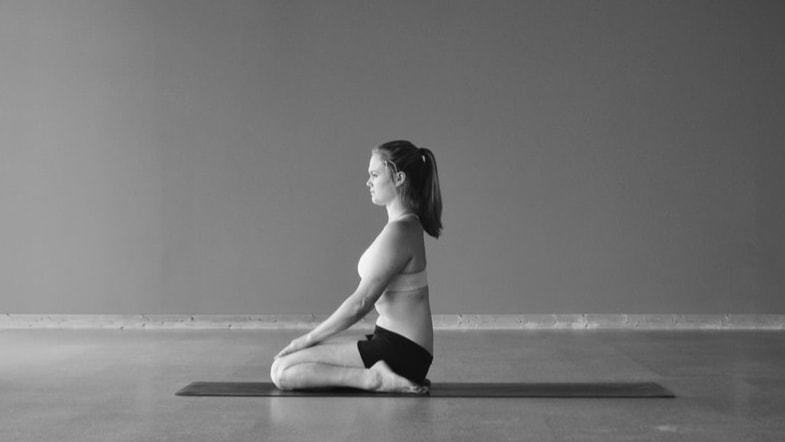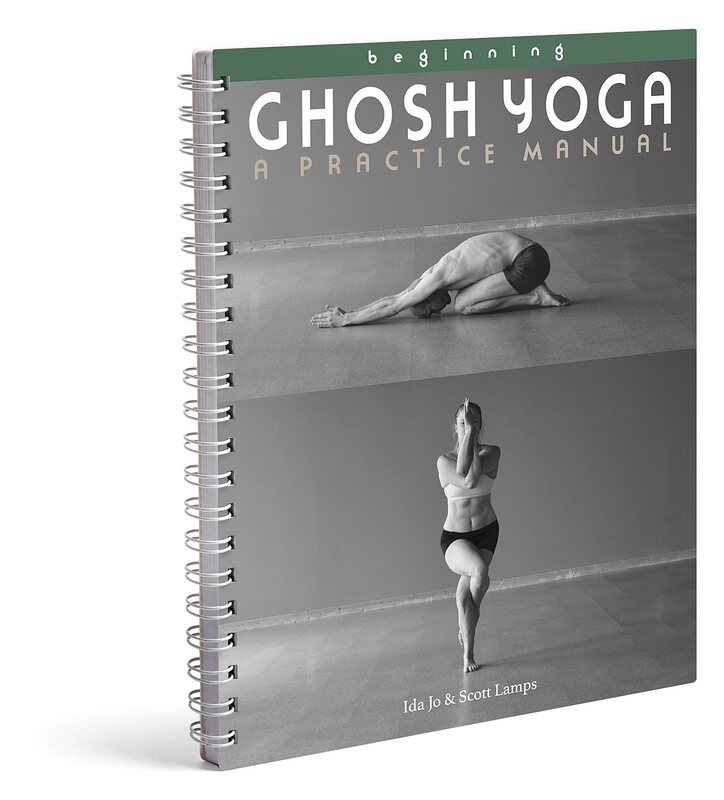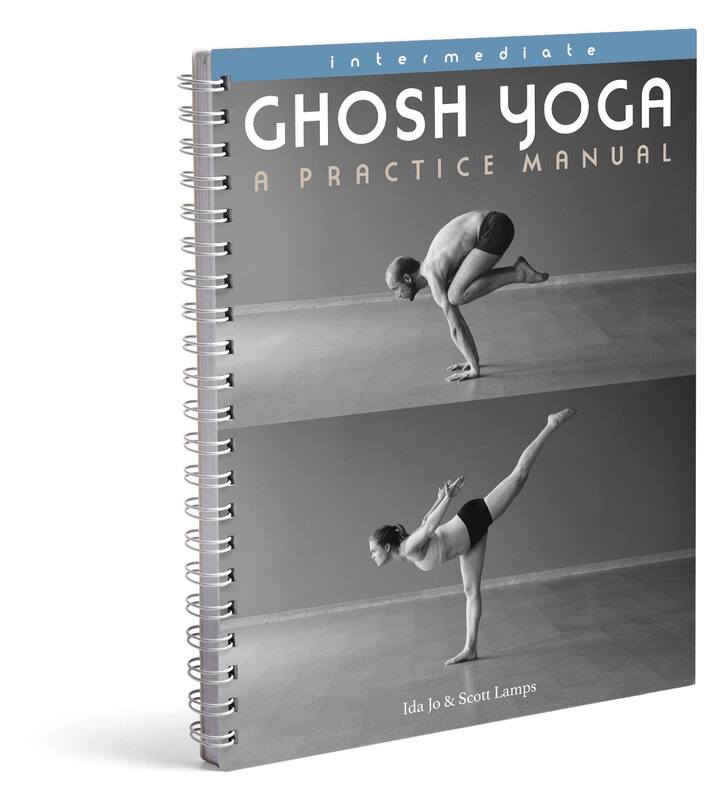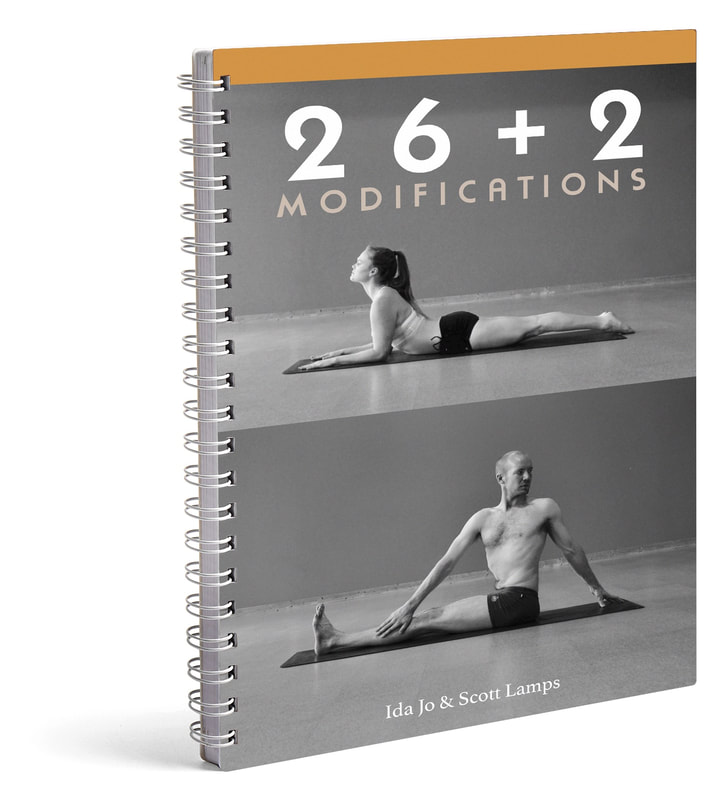|
This is part two in the series on Yoga in the World. Part one is available here.
Recently, we were asked to teach for the Biden campaign. We said yes. We did this because when we are asked to teach, we do. Unless we have a scheduling conflict, we teach because this is our job. However, this particular class angered many. Among messages ranging from calling us names to expressions of disappointment, we heard over and over that “yoga isn’t political”. It’s worth exploring this idea because yoga has been very political. Here’s what we mean... Early History Eastern religions were often promoted by kings. The emperor Ashoka for example, lived around 250 BCE. He was Buddhist. He promoted Buddhist dharma and emphasized social responsibility. This translated into developing a category of officers who were in charge of interacting with society and publicizing the dharma. This would be welcomed if you were Buddhist, less so if you were not. In the Bhagavad Gita, the warrior king Arjuna is instructed to go into battle by the god Krishna. This text, from around the turn of the common era, coincided with the emergence of feudalism. Essentially, nobility controlled the land and peasants were expected to work that land while indebted to the nobility for the chance to do so. This presents a fascinating situation. As feudalism emerges so does a spiritual text which contains the concepts of bhakti and karma yoga. Bhakti yoga: whatever you are doing is yoga so long as you are devoted. Karma yoga: one should act without thinking of what they can get in return. Rather, they should dedicate the fruits of their labor to a higher purpose. There are many interpretations of these ideas. Certainly it can seem controversial to present them in this way. However, it's worth at least considering what the role of devotion and renouncing the fruits of your actions could mean in a feudalist society. Twentieth Century More recently, and perhaps more to the point, is the role of yoga in twentieth century India. Prior to Indian independence in 1947, tension was growing and Indian nationalism building. One focus of Indian nationalism was developing strength. This meant strength and health for the individual as well as the nation. Since the purpose was partially to take back power from the British, indigenous practice was the focus. What did this mean? Yoga. Yoga, specifically asana and bayam (positions done in motion) and Surya Namaskar were incorporated into Nationalist organizations. Present Day Even today yoga is seen as a politicizing tool. For example, some are skeptical of the International Day of Yoga founded by Indian Prime Minister Narendra Modi. Many feel that Modi's Hindu national policies overshadow the mission of using yoga to promote health and wellbeing. Conclusion We all have personal views on what we believe yoga should and shouldn't be. As ideas challenge our personal beliefs, we can get frustrated, sad, disappointed and angry. This is normal and a part of the growing process. As yogis, we can embrace what challenges our beliefs. After all, our beliefs are constructs of the mind. Yoga can help illuminate these constructs. Sources Najar, Nida (2015) "International Yoga Day Finally Arrives in India, Amid Cheers and Skepticism" in NYTimes, read more Thakur, Vijay Kumar (1980) "Social Roots of the Bhagavad-Gita" in International Association of Sanskrit Studies. Thapar, Romila (1960) "Ashoka and Buddhism" in Past & Present Vol. 18, Issue 1. 01 Nov 1960. UN: International Day of Yoga, read more
1 Comment
9/23/2020 04:27:30 am
In every good thing, people will politicise or do something else. An individual should understand the importance of Yoga, they shouldn't get influenced by what the world id doing.
Reply
Leave a Reply. |
AUTHORSScott & Ida are Yoga Acharyas (Masters of Yoga). They are scholars as well as practitioners of yogic postures, breath control and meditation. They are the head teachers of Ghosh Yoga.
POPULAR- The 113 Postures of Ghosh Yoga
- Make the Hamstrings Strong, Not Long - Understanding Chair Posture - Lock the Knee History - It Doesn't Matter If Your Head Is On Your Knee - Bow Pose (Dhanurasana) - 5 Reasons To Backbend - Origins of Standing Bow - The Traditional Yoga In Bikram's Class - What About the Women?! - Through Bishnu's Eyes - Why Teaching Is Not a Personal Practice Categories
All
Archives
May 2024
|







 RSS Feed
RSS Feed